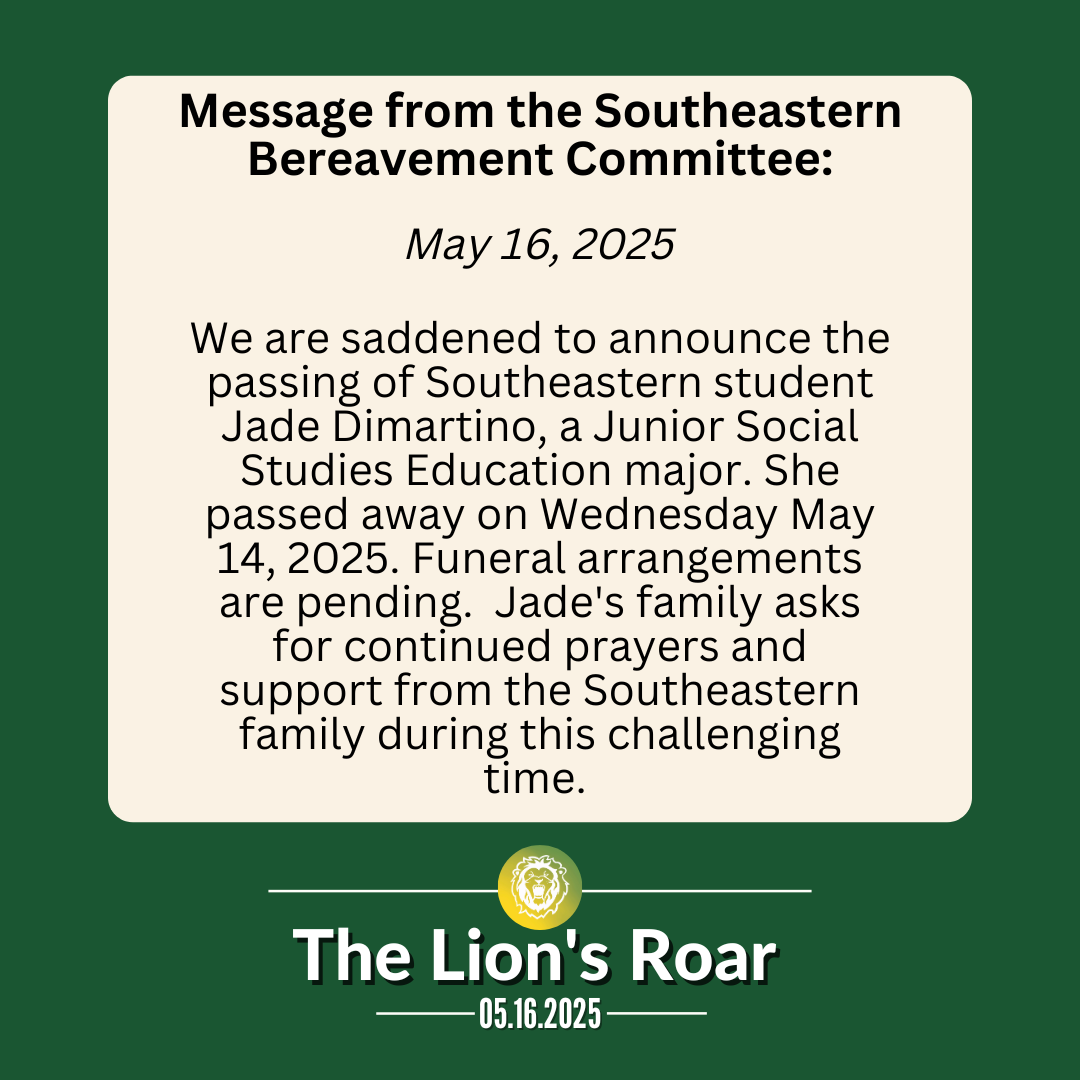
To promote the university’s “Summer Smart” program, signs such as the one pictured above can be seen on campus. Zachary Araki/The Lion’s Roar
The university looks to continue the second year of its summer semester initiative “Summer Smart.”
Through “Summer Smart,” the university aims to increase the number of summer course offerings and decrease the net cost for three credit hours to less than $900. Term one for summer classes lasts from May 30 through June 25, and term two lasts from June 26 through July 23. Students can continue to register for available classes.
“The headcount last summer increased as a result of the ‘Summer Smart’ scholarship and corresponding campaign,” said Assistant Vice President for Enrollment Management Dr. Kay Maurin. “Registration for the summer semester is ongoing, and we are trending slightly up in registration counts compared to this time period last year.”
According to Provost and Vice President for Academic Affairs Dr. Tena Golding, academic departments continue to identify and offer courses that students need. She discussed how students can prepare for the summer semester.
“Talk with your academic advisor and make sure the course or courses you plan to take meet the requirements of your academic plan,” said Golding. “If you are disappointed in the course offerings, please let your department head know. This will help with future course scheduling, and if there are enough students who want the course now, it could possibly be added.”
Maurin discussed the benefits for students participating in “Summer Smart.”
“First, it’s a great value in that the student is receiving a scholarship to cover a significant portion of the tuition and fees for the summer semester,” said Maurin. “Secondly, it allows a student the chance to complete credit and either get ahead or catch up on courses in order to quickly progress. Faculty have worked to ensure that a wide variety of courses are available over the summer in multiple formats to meet students’ needs.”
Vice President for Administration and Finance Sam Domiano explained how “Summer Smart” affects the university financially.
“The largest portion of Southeastern’s operating budget comes from self-generated revenues, primarily from student tuition and fees,” said Domiano. “As such, any increases in enrollment and student credit hour production positively impact operating resources. This is true even with the scholarship incentive that was implemented as a part of the ‘Summer Smart’ initiative to encourage participation and to assist students in meeting their financial needs.”







